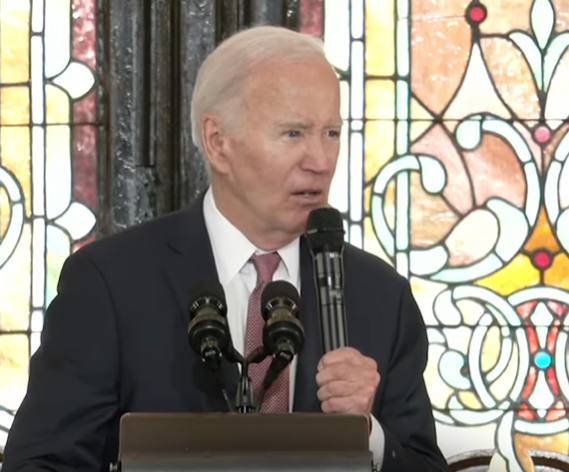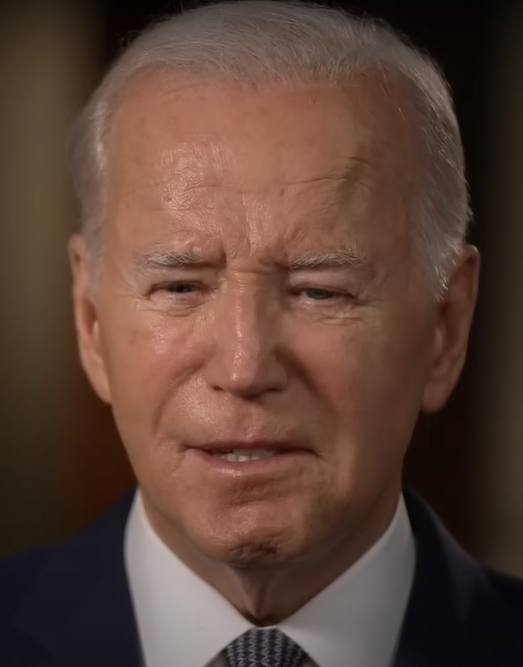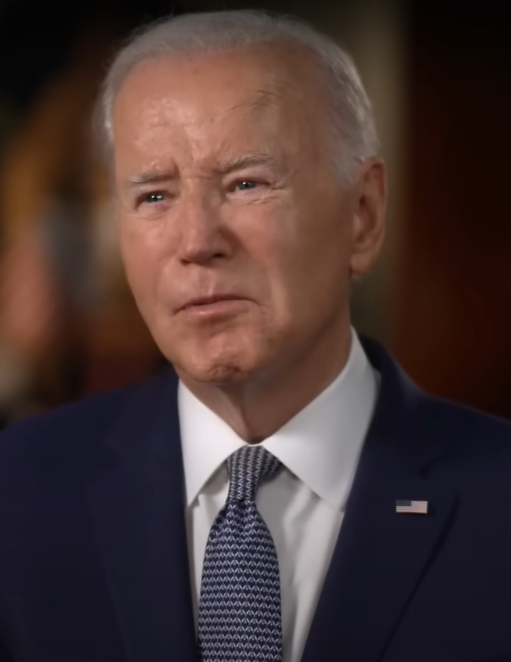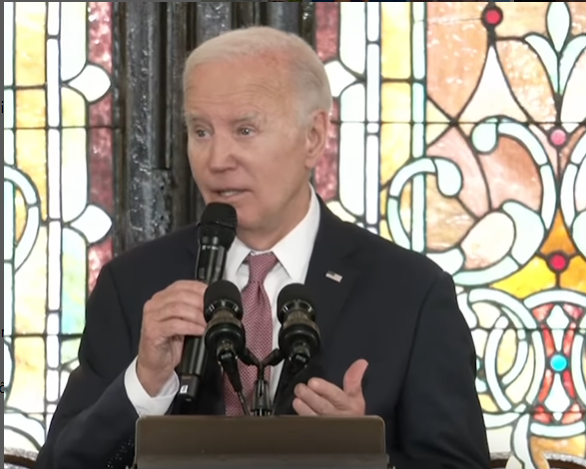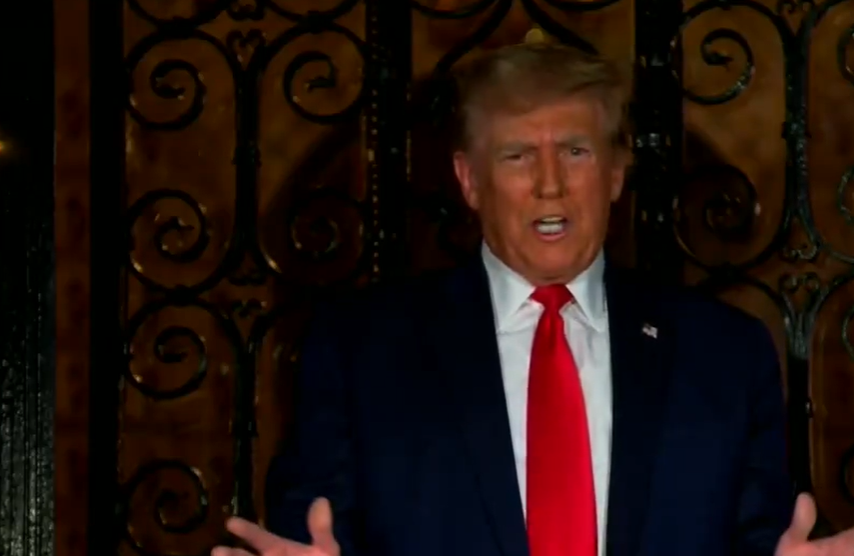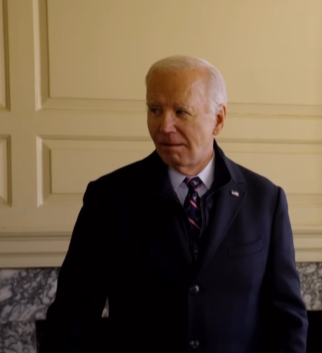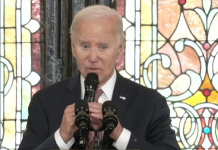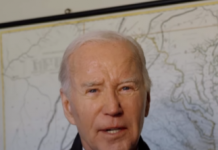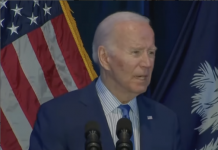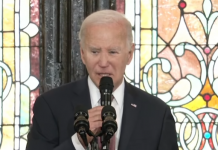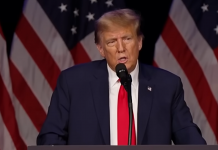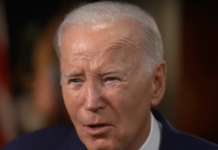A controversial Texas law that allows state authorities to arrest people suspected of entering the country illegally will remain suspended while there are legal challenges to the text, a federal appeals court ruled Tuesday.
As a result, in a 2-1 vote, the court said the law, known as SB 4, will remain blocked while the court considers the broader question of whether the document violates the U.S. Constitution. Immigration enforcement is generally the responsibility of the federal government.
The court’s decision not to allow the law to be applied ends a few complicated days in which SB 4 was “stuck” in legal limbo.
The US Supreme Court allowed it to take effect following an appeals court ruling. However, another panel of that same appeals court overturned the decision and blocked the law hours later.
In the majority opinion, written by Chief Judge Priscilla Richman, the 5th US Circuit Court of Appeals points out that the law is likely to conflict with the Constitution.
However, he highlighted that a “lack of funding combined with a lack of political will” has left “a void” in the area of immigration that “Texas, nobly and admirably, some would say, seeks to fill.”
“But it is unlikely that Texas can assume the role of national sovereign under our Constitution and our laws,” she wrote, adding, “Texas’ removal provisions confer powers that are likely reserved to the United States.”
Richman was joined by Judge Irma Carrillo Ramirez, appointed by President Joe Biden.
Judge Andrew Oldham, appointed to the bench by former President Donald Trump, wrote in a lengthy dissent that he would have let Texas enforce the new law. He said his colleagues’ “readiness to invalidate” the law is “extremely concerning.”
“The state is forever defenseless: Texas can do nothing because Congress apparently did everything, but federal non-enforcement means everything from Congress is nothing,” said Oldham.
“And second, although the dispute before us is entirely hypothetical, the consequences of today’s decision will be very real,” he added.

